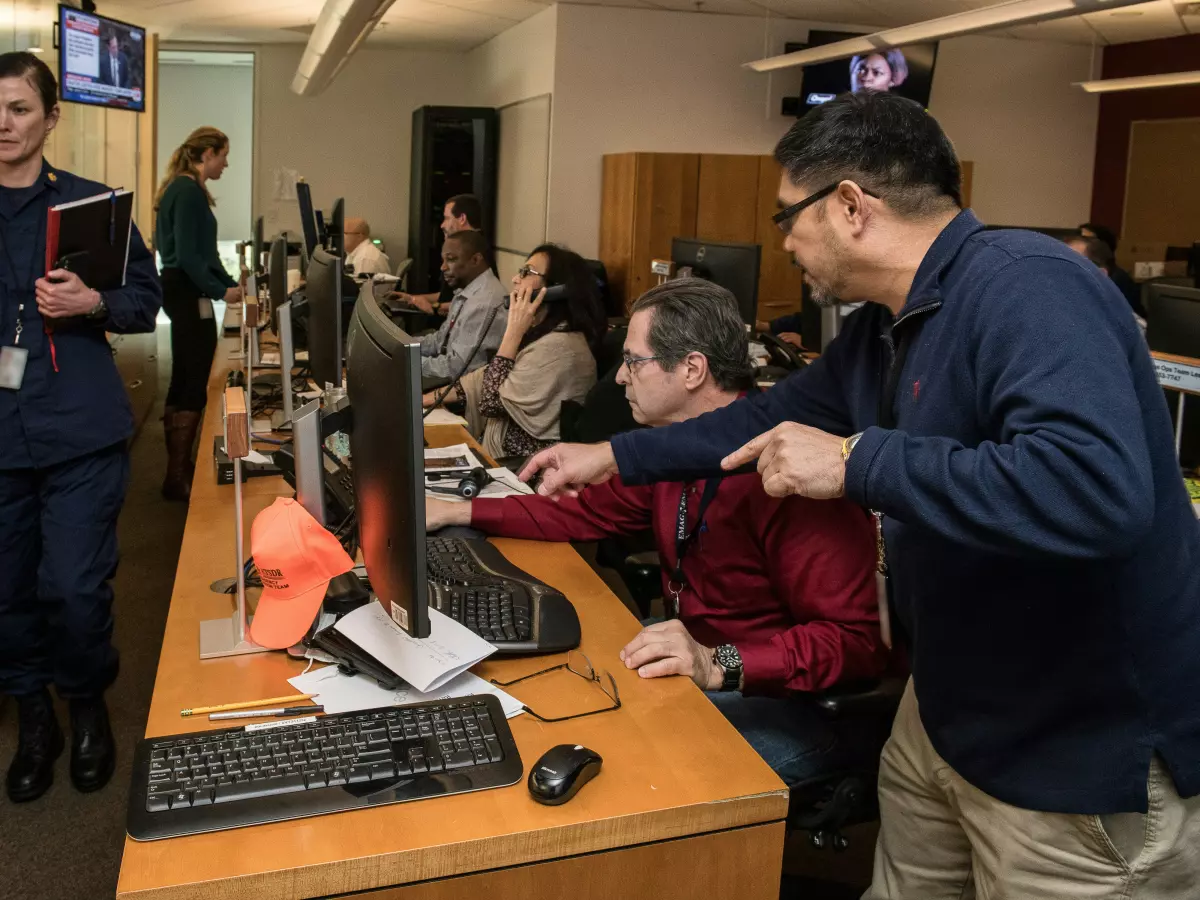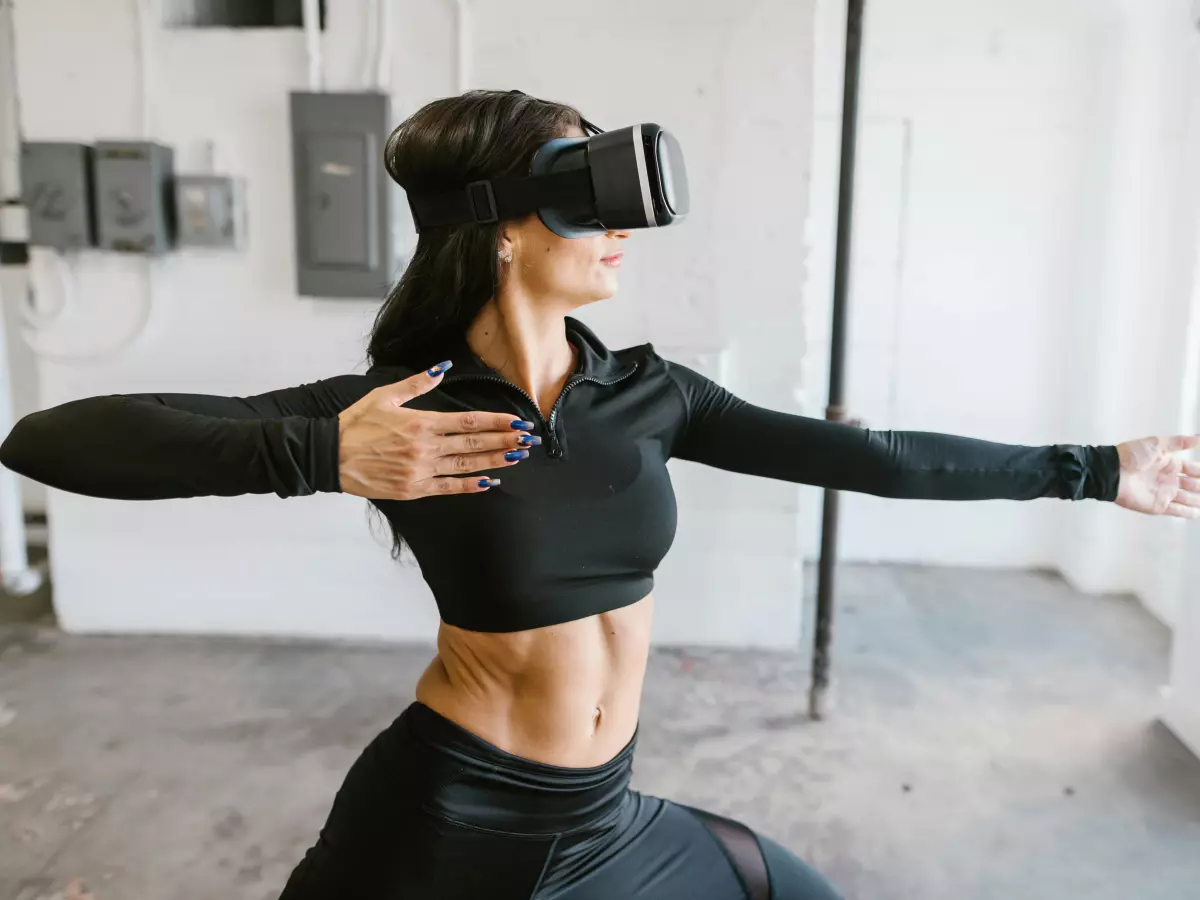AI in Justice
When it comes to justice, the stakes are high. The decisions made in courtrooms can change lives forever. So, what happens when we let artificial intelligence into the mix? Some experts argue that AI could revolutionize legal systems, making them more efficient and even more impartial. But others are sounding the alarm: Could AI algorithms actually introduce new biases into the system?

By Hannah White
Legal scholars and tech enthusiasts alike have been buzzing about the potential of AI in the courtroom. In fact, some courts around the world are already experimenting with AI tools to assist in everything from legal research to sentencing recommendations. According to a report by the National Center for State Courts, AI could help reduce case backlogs, speed up trials, and even predict case outcomes with impressive accuracy. Sounds like a win, right?
Well, not so fast. While AI might seem like the perfect solution to a slow and overburdened legal system, it’s not without its problems. For one, AI algorithms are only as good as the data they’re trained on. And if that data is biased—whether it’s due to historical inequalities or human error—then the AI’s decisions could be biased too. This raises a critical question: Can we trust AI to deliver fair justice?
Bias in, Bias out?
Let’s break it down. AI algorithms learn from data. They analyze patterns, make predictions, and offer recommendations based on the information they’ve been fed. But if the data they’re trained on reflects societal biases—such as racial, gender, or socioeconomic disparities—then the AI could end up perpetuating those biases. In other words, if the system is flawed, the AI will be flawed too.
Take, for example, the controversial use of AI in sentencing. Some courts have used algorithms to predict the likelihood of a defendant reoffending, which can influence sentencing decisions. But studies have shown that these algorithms often disproportionately flag minority defendants as high-risk, even when they have similar backgrounds to white defendants. Yikes.
And it’s not just sentencing. AI is also being used in predictive policing, where algorithms analyze crime data to predict where future crimes are likely to occur. While this might sound like something out of a sci-fi movie, it’s already happening in cities across the U.S. But again, there’s a catch: If the data used to train these algorithms is biased—say, if it overrepresents certain neighborhoods or demographics—then the AI could end up reinforcing those biases, leading to over-policing in already marginalized communities.
Efficiency vs. Fairness
So, where does that leave us? On the one hand, AI has the potential to make legal systems more efficient. It can process vast amounts of data in a fraction of the time it would take a human, helping to reduce case backlogs and speed up trials. It can also assist with legal research, helping lawyers and judges find relevant case law and precedents more quickly.
But on the other hand, efficiency isn’t everything. When it comes to justice, fairness should be the top priority. And if AI algorithms are introducing or perpetuating biases, then we have a serious problem. After all, the legal system is supposed to be impartial, right?
Some experts argue that the solution lies in better data. If we can train AI algorithms on more diverse and representative data sets, they say, we can reduce the risk of bias. Others suggest that AI should be used as a tool to assist human decision-makers, rather than replacing them entirely. In this way, AI could help streamline the legal process without sacrificing fairness.
The Human Element
At the end of the day, the legal system is about people. It’s about ensuring that everyone gets a fair trial and that justice is served. And while AI can certainly help with some of the more tedious aspects of the legal process, it’s important to remember that algorithms aren’t infallible. They don’t have empathy, they don’t understand context, and they can’t make moral judgments.
That’s why many experts believe that AI should never fully replace human judges or lawyers. Instead, it should be used as a tool to assist them, providing valuable insights and speeding up the process, but always leaving the final decision in human hands. After all, justice is about more than just data—it’s about fairness, compassion, and understanding.
So, can AI deliver fair justice? The jury’s still out on that one. But one thing’s for sure: As AI continues to make its way into courtrooms around the world, we need to be vigilant. We need to ensure that these algorithms are being used responsibly, and that they’re not introducing new biases into the system. Because when it comes to justice, there’s no room for error.





